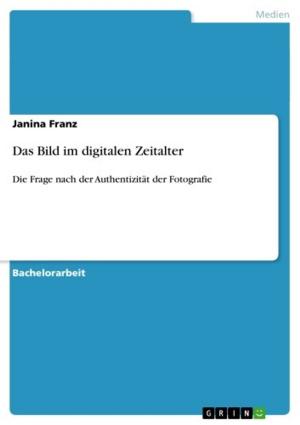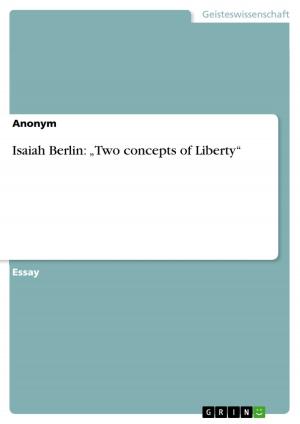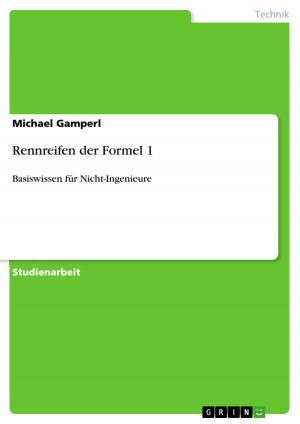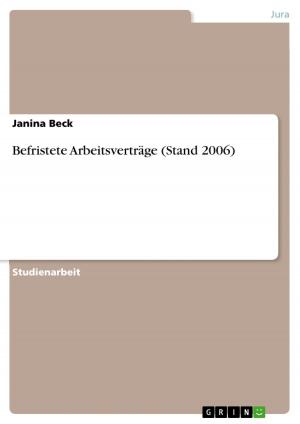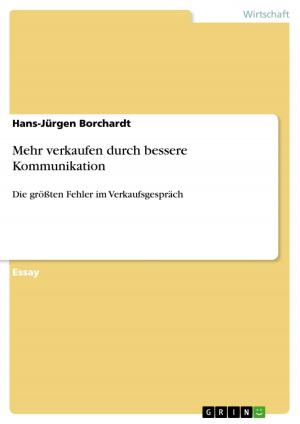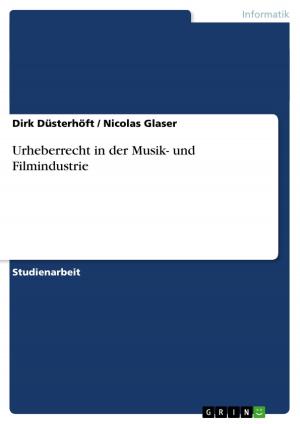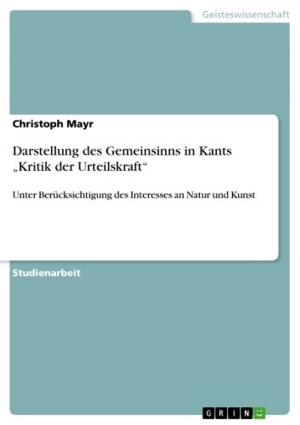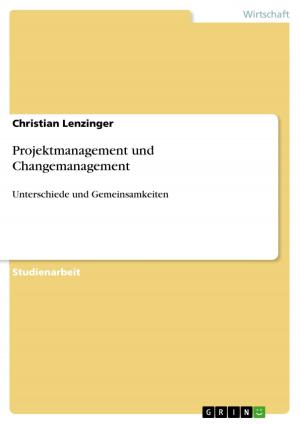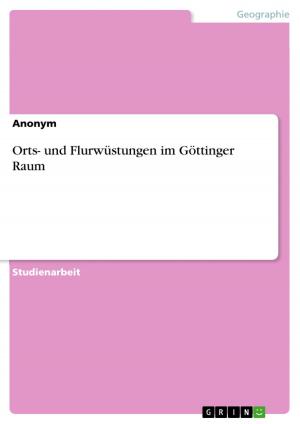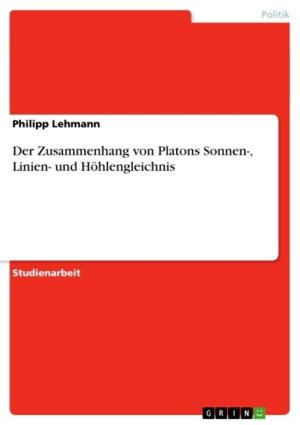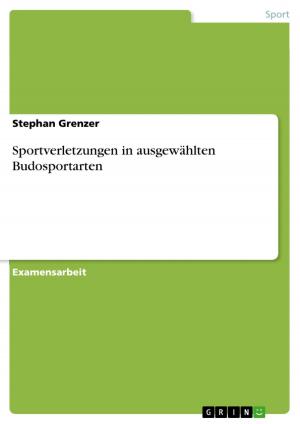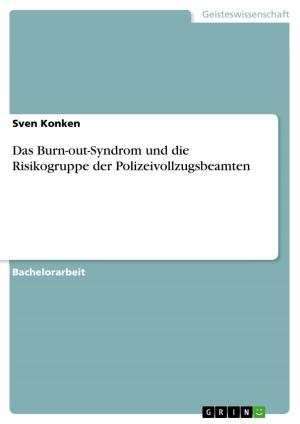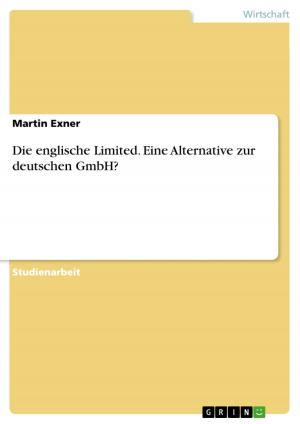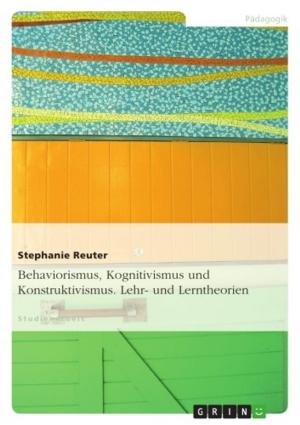| Author: | Anonymous | ISBN: | 9783656034438 |
| Publisher: | GRIN Verlag | Publication: | October 21, 2011 |
| Imprint: | GRIN Verlag | Language: | English |
| Author: | Anonymous |
| ISBN: | 9783656034438 |
| Publisher: | GRIN Verlag |
| Publication: | October 21, 2011 |
| Imprint: | GRIN Verlag |
| Language: | English |
Research Paper (undergraduate) from the year 2011 in the subject English Language and Literature Studies - Linguistics, grade: 71%, Coventry University, course: BA Contemporary Studies, language: English, abstract: This article seeks to shed light on the current linguistic panorama of the English language with the aim to encourage modern educational practices adapted to real-world needs. To fulfil this task, firstly, a brief description of the emergence of new Englishes will be given so as to cast doubt upon the traditional concept of English ownership. Secondly, recent linguistic developments of English will be exposed to support the internationalization of new Englishes and the global necessity to consider them as equal partners that are fully stable and operative. Thirdly, a shift in pedagogical practices will be suggested focusing on the renewed required English language teaching (ELT) attitudes. Finally, a general conclusion will summarize the key points and will supply the hypothesis for this article.
Research Paper (undergraduate) from the year 2011 in the subject English Language and Literature Studies - Linguistics, grade: 71%, Coventry University, course: BA Contemporary Studies, language: English, abstract: This article seeks to shed light on the current linguistic panorama of the English language with the aim to encourage modern educational practices adapted to real-world needs. To fulfil this task, firstly, a brief description of the emergence of new Englishes will be given so as to cast doubt upon the traditional concept of English ownership. Secondly, recent linguistic developments of English will be exposed to support the internationalization of new Englishes and the global necessity to consider them as equal partners that are fully stable and operative. Thirdly, a shift in pedagogical practices will be suggested focusing on the renewed required English language teaching (ELT) attitudes. Finally, a general conclusion will summarize the key points and will supply the hypothesis for this article.

